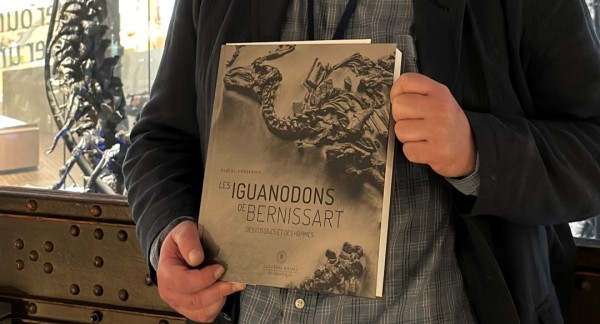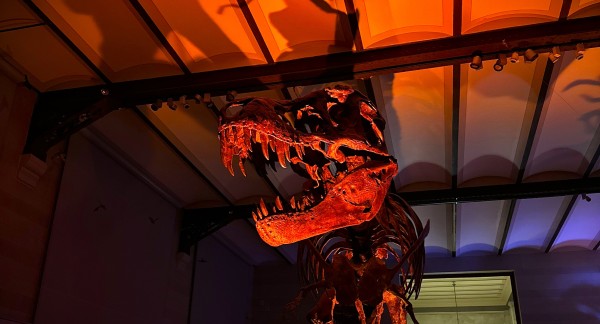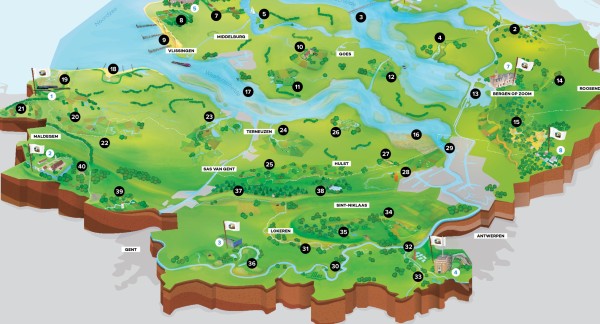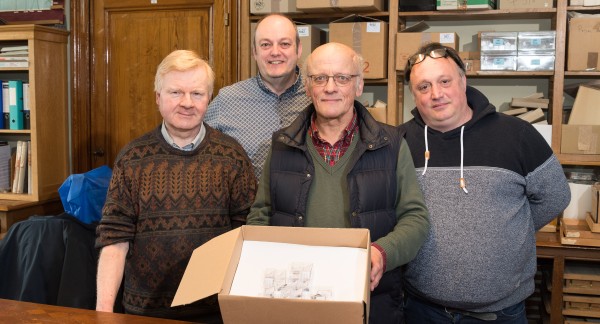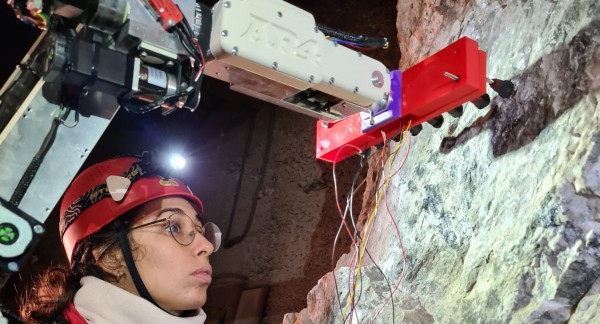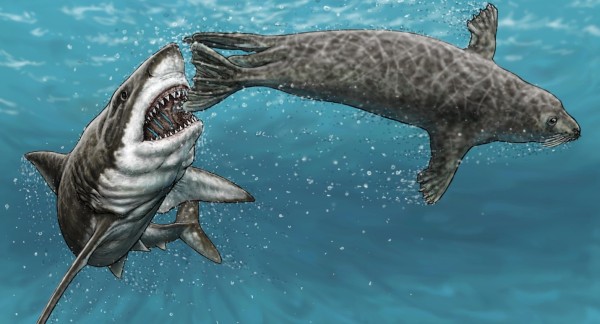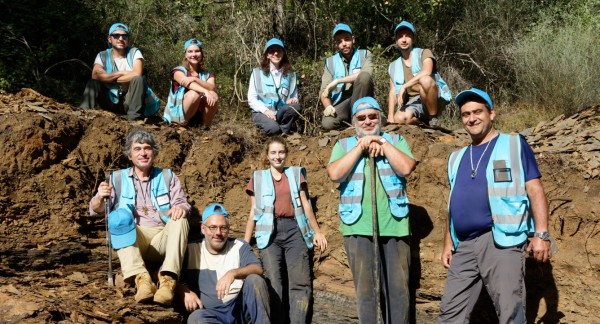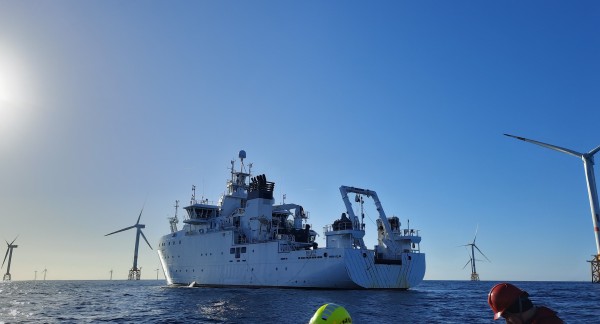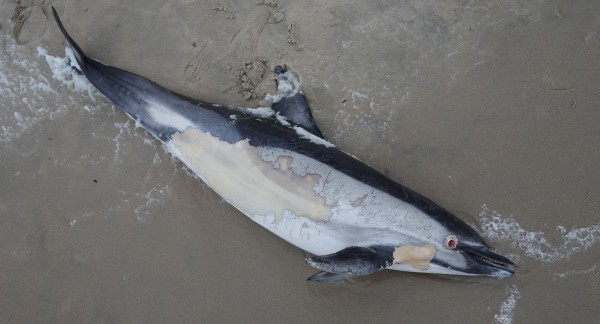News
New and richly illustrated book about the Bernissart Iguanodons
22/04/2024
Paleontologist Pascal Godefroit tells the complete story of the Iguanodons of Bernissart in a hefty and beautifully illustrated book: from the discovery in the mining village to the latest insights into their cause of death.
Nocturnes 2024
08/04/2024
Scheldt Delta officially recognized as UNESCO Geopark
29/03/2024
The region of the Belgian-Dutch Scheldt Delta has been officially recognized as a UNESCO Global Geopark. The world heritage organization thereby acknowledges that the area is exceptional in terms of its geological, cultural-historical, and landscape features.
Amateur paleontologists donate rich collection of fossil shark and ray teeth to our Institute
28/03/2024
Citizen scientists have donated tens of thousands of fossil shark and ray teeth to the Institute. They were excavated at the clay quarry of Egem in West Flanders, and bear witness to the rich diversity in the shallow tropical sea around 50 million years ago in our regions.
A third victim from Bois du Cazier identified thanks to DNA analysis
27/03/2024
On August 8, 1956, 262 miners died in the fire at the Bois du Cazier mine in Marcinelle (Charleroi). In 2023, a multidisciplinary team of researchers formally identified two of the 14 victims who couldn't be identified at the time. In March 2024 the team announced the identity of a third victim.
Belgian geologists test mining robots
21/03/2024
Fossilized tooth reveals prehistoric shark attack on seal
05/03/2024
Palaeontologists have uncovered a fossilized tooth from a white shark embedded in the heel bone of a seal, shedding light on a dramatic event that unfolded 4.5 million years ago.
A large-scale paleontological excavation in Lebanon documents terrestrial ecosystem of the Cretaceous
06/02/2024
An international team of paleontologists has uncovered a remarkably rich and diverse array of fossils from the Early Cretaceous, in Jezzine, South Lebanon. “It is rare getting a glimpse on the diversity of such an early terrestrial ecosystem for this continental area”, says paleontologist Ninon Robin, Institute of Natural Sciences.
15 years of monitoring the ecological effects of Belgian offshore wind farms still yields new insights
30/01/2024
Fifteen years into the programme, monitoring of the ecological effects of Belgian offshore wind farms continues to provide new insights. Only through sustained and adaptive monitoring can we ensure that we design and build offshore wind farms in the most eco-friendly way.
Common dolphin stranded on the beach of Oostende
22/12/2023
This morning, a dead common dolphin (Delphinus delphis) washed ashore on the beach of Oostende, near the western breakwater. It is a female measuring 2.07 meters in length.
